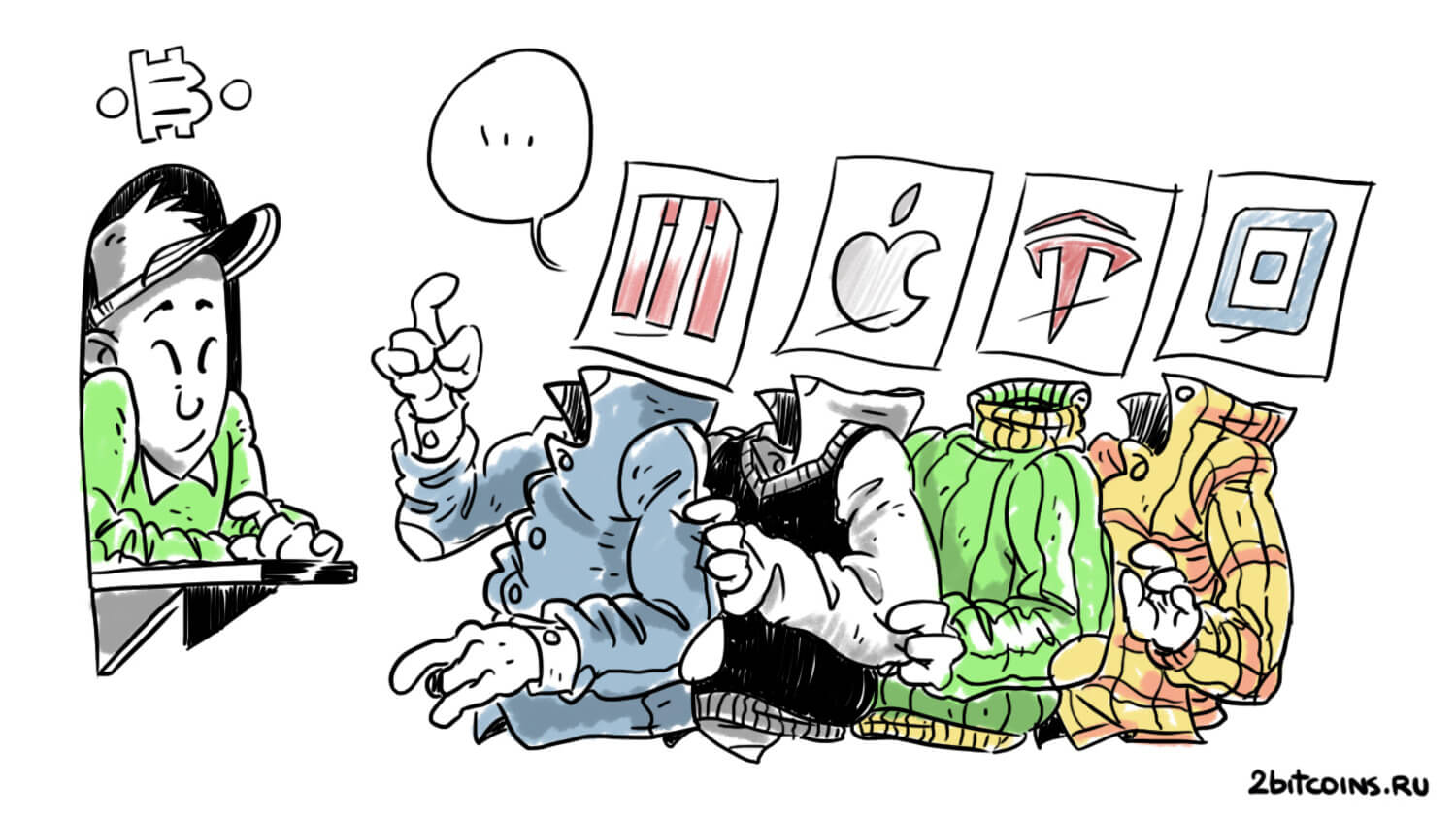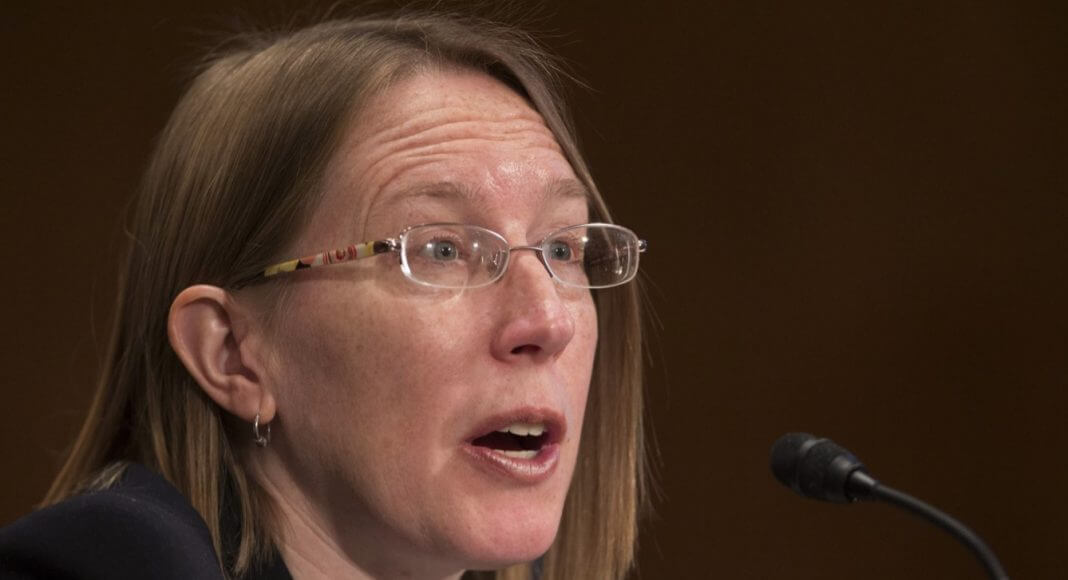The SEC commissioner has suggested that bankrupt cryptocurrency companies should not be bailed out. But why?
Securities and Exchange Commission (SEC) member Hester Pearce, known for her support of the crypto industry, made a rather unexpected statement the day before. According to her, it is not worth financially supporting cryptocurrencies that are on the verge of complete collapse. Moreover, the very absence of such mechanism in the industry is allegedly good for her. We’ll go into more detail about this statement.

As a reminder, at least two major market players, Celsius and Three Arrows Capital, are now virtually “hanging by a thread” from being unable to repay their debts due to the collapse of Bitcoin and the cryptocurrency market in general.
In the case of Celsius we are talking about a so-called liquidity crisis. In short: The platform holds a lot of coins in the new Ethereum 2.0 network stack. It is impossible to access them until the so-called merger of the current PoW network and the new PoS chain called Beacon Chain.
And since, the day before, the tokens on the Ethereum 2.0 network using a Lido platform called stEth had lost their link to full ethers, it was extremely unprofitable for the company to allow customers to withdraw their own coins, as they would have to pledge their own money to get back ETH that way. As a result, user withdrawals were frozen, prompting criticism of the company.

Bitcoin – the future
Given what was happening in the industry, some major companies, represented by the same exchange FTX, decided to offer a bailout to certain platforms. However, Hester Pearce, also known as the ‘crypto-mama’, does not support the initiative.
What will happen to cryptocurrency companies
In an interview with Forbes, Pearce explained that the US Securities and Exchange Commission does not have the authority to be a “systemic risk regulator”, determining which organisations need government support. But even if it did, it would not support such measures for cryptocurrency platforms facing problems – especially if they are irresponsibly overextended.
Here’s Hester’s rejoinder, cited by CryptoPotato.
I don’t intend to state that we will try to find a way to bail them out. But even if we did, I wouldn’t want to use that authority. We really need to let the situation develop naturally.
In other words, Hester believes that in this industry, companies should have a chance to fail. Developers and fund managers would then surely draw conclusions that would help the digital asset industry in the future.

SEC Commissioner Hester Pearce
The problems of Celsius and Three Arrows Capital worry so many in the cryptosphere because the collapse of these companies could deal another painful blow to the price of Bitcoin, as sooner or later they will have to sell their cryptocurrencies at least to compensate some of their investors. As we noted earlier, Sam Bankman-Fried, CEO of major crypto exchange FTX, has expressed his willingness to help troubled market players.
Pierce appears to welcome full decentralisation and the "every man for himself" principle. That is to say, if the aforementioned companies have failed to implement sound financial policies which led to their collapse, they do not deserve to be on the market at all. This is a tough point, but refusing to facilitate Celsius and Three Arrows Capital could indeed "clean up" the market - albeit at great cost.
By the way, Pierce is not the only one actively supporting Bitcoin. According to Cointelegraph’s sources, recently elected Colombian president Gustavo Petro has also made some positive statements about the cryptocurrency. The president-elect published a post on social media back in December 2017 hinting that Bitcoin-like cryptocurrencies could take power away from the government and traditional banks and then give it back to the people. Here’s his archived quote.
Bitcoin takes away the power of governments to issue and banks to dispose of the currency. It is a community currency that is based on the trust of those who transact with it because it is designed on a blockchain. Trust in Bitcoin is growing – hence its strength.

Colombia’s new president Gustavo Petro
Petro won’t get the presidency until early August, but crypto-enthusiasts have every reason to believe that he could bring digital-asset industry-friendly reforms to the country. Perhaps, at his behest, Colombia will even adopt BTC as a means of payment, as it already happened last year in El Salvador.
We think Hester may be exaggerating the problem of helping cryptocurrency companies. Still, it is important to understand that the aid in this case will come from the earnings of other crypto-giants, not the government's budget. Consequently, the digital asset niche will sort of stabilise and help itself. The only question is whether the payments will help, and whether the same situation will not happen again in the next market crash.















